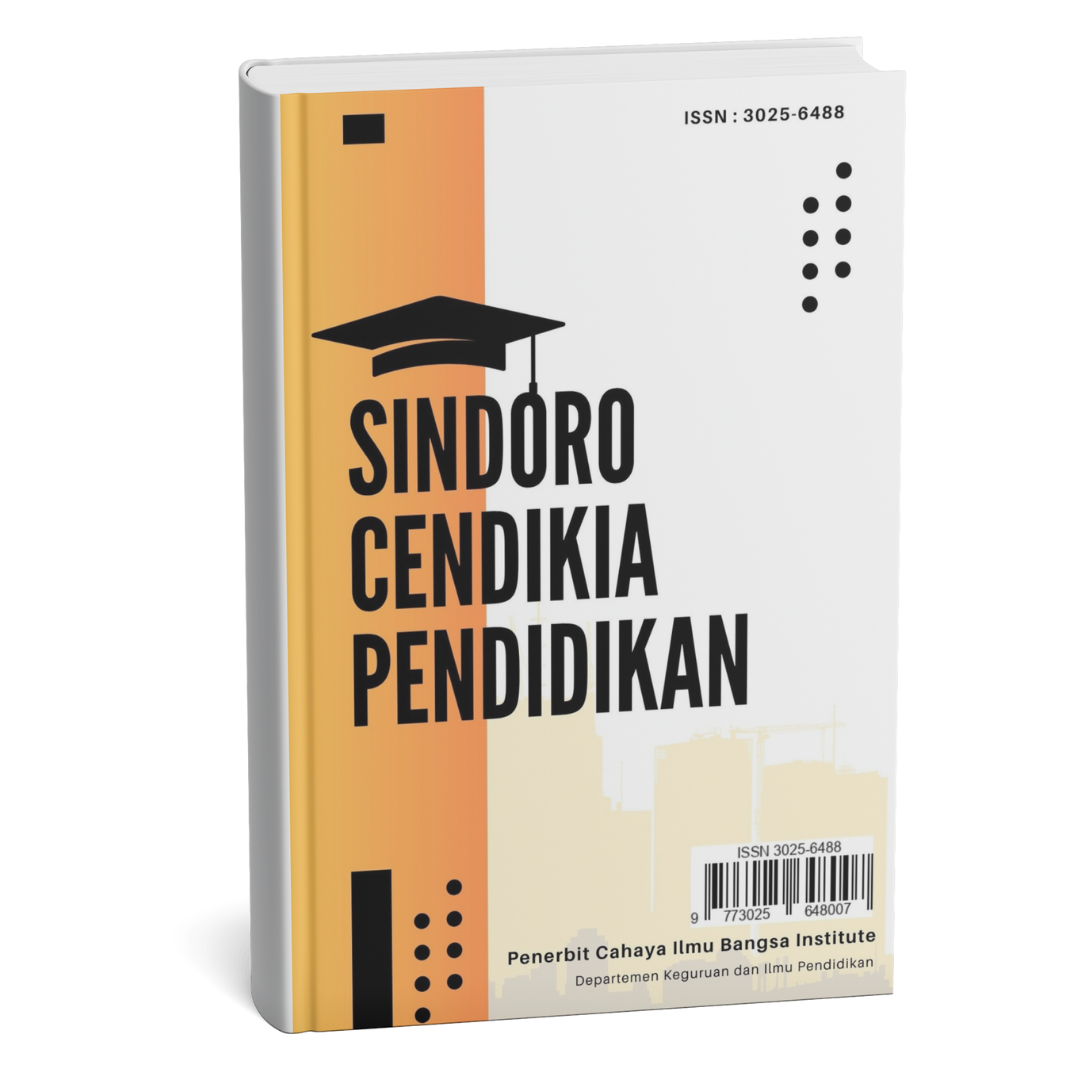Kompetensi Digital Guru di Era Pembelajaran Abad ke-21: Tinjauan Literatur Sistematis Berbasis PRISMA (2020–2025)
Main Article Content
Abstract
Transformasi pendidikan di era digital menuntut guru tidak hanya menguasai teknologi, tetapi juga mampu mengintegrasikannya ke dalam praktik profesional secara efektif. Penelitian ini bertujuan untuk mengkaji secara sistematis literatur ilmiah mengenai peran kompetensi digital dalam meningkatkan kompetensi profesional guru pada pembelajaran abad ke-21. Studi ini menggunakan pendekatan PRISMA (Preferred Reporting Items for Systematic Reviews and Meta-Analyses) terhadap artikel yang diterbitkan antara tahun 2020 hingga 2025 dan terindeks Scopus Q1–Q4 dengan akses terbuka. Dari hasil seleksi, sebanyak 35 artikel memenuhi kriteria inklusi. Temuan menunjukkan bahwa kompetensi digital berkorelasi positif dengan dimensi kompetensi profesional, termasuk perencanaan pembelajaran berbasis teknologi, inovasi pedagogis digital, evaluasi berbantuan digital, serta pengembangan diri berkelanjutan melalui platform digital. Kajian ini merekomendasikan peningkatan pelatihan berbasis praktik, integrasi TIK dalam program pendidikan guru, serta kebijakan kelembagaan yang mendukung penguatan kompetensi digital sebagai fondasi profesionalisme guru.
Article Details
Section
This work is licensed under a Creative Commons Attribution-ShareAlike 4.0 International License.
How to Cite
References
Alférez-Pastor, M., Collado-Soler, R., Lérida-Ayala, V., Manzano-León, A., Aguilar-Parra, J. M., & Trigueros, R. (2023). Training Digital Competencies in Future Primary School Teachers: A Systematic Review. Education Sciences, 13(5). https://doi.org/10.3390/educsci13050461
Basilotta-Gómez-Pablos, V., Matarranz, M., Casado-Aranda, L. A., & Otto, A. (2022). Teachers’ digital competencies in higher education: a systematic literature review. International Journal of Educational Technology in Higher Education, 19(1). https://doi.org/10.1186/s41239-021-00312-8
Cabero-Almenara, J., Gutiérrez-Castillo, J. J., Barroso-Osuna, J., & Rodríguez-Palacios, A. (2023). Digital Teaching Competence According to the DigCompEdu Framework. Comparative Study in Different Latin American Universities. Journal of New Approaches in Educational Research, 12(2), 276–291. https://doi.org/10.7821/naer.2023.7.1452
Cid-Martínez, L., Aznar-Díaz, I., Gómez-García, G., & Martínez-Domingo, J.-A. (2025). A Systematic Review on the Level of Digital Competence of In-Service Spanish Teachers According to the DigCompEdu Framework. Education Sciences, 15(6), 655. https://doi.org/10.3390/educsci15060655
Darling-hammond, L., Hyler, M. E., & Gardner, M. (2017). Effective Teacher Professional Development. June.
Domínguez-González, M. de los Á., Luque de la Rosa, A., Hervás-Gómez, C., & Román-Graván, P. (2025). Teacher digital competence: Keys for an educational future through a systematic review. Contemporary Educational Technology, 17(2). https://doi.org/10.30935/cedtech/16168
Fernández-Batanero, J. M., Román-Graván, P., Montenegro-Rueda, M., López-Meneses, E., & Fernández-Cerero, J. (2021). education sciences Digital Teaching Competence in Higher Education : Education Sciences, 11(689), 1–10.
Ghomi, M., & Redecker, C. (2019). Digital competence of educators (DigCompedu): Development and evaluation of a self-assessment instrument for teachers’ digital competence. CSEDU 2019 - Proceedings of the 11th International Conference on Computer Supported Education, 1(Csedu), 541–548. https://doi.org/10.5220/0007679005410548
Items, P. R., & Prisma, T. (2021). Prisma 2020. Journal of Clinical Epidemiology, 134, A5–A6. https://doi.org/10.1016/j.jclinepi.2021.04.008
Kulshrestha, A. K. (2013). Training and Professional Development. Families and Social Workers, 1(4), 141–173. https://doi.org/10.5949/liverpool/9780853236566.003.0006
Mouza, C., Mead, H., Alkhateeb, B., & Pollock, L. (2022). A Virtual Professional Development Program for Computer Science Education During COVID-19. TechTrends, 66(3), 436–449. https://doi.org/10.1007/s11528-022-00731-y
OECD. (2024). PISA 2022 Results (Volume III): Creative Minds, Creative Schools, PISA. Factsheets, I, 1–9. https://www.oecd-ilibrary.org/education/pisa-2022-results-volume-i_53f23881-en%0Ahttps://www.oecd.org/publication/pisa-2022-results/country-notes/germany-1a2cf137/
Palagolla, W. W. N. C. K., & Wickramarachchi, A. P. R. (2010). Promoting effective application and management of ICT to enhance performance in secondary schools. Proceedings of the IADIS International Conference Information Systems 2010, 2003, 447–451.
Peters, M., Elasri-Ejjaberi, A., Martínez-Argüelles, M. J., & Fàbregues, S. (2022). Teacher digital competence development in higher education: Overview of systematic reviews. Australasian Journal of Educational Technology, 38(3), 122–139. https://doi.org/10.14742/ajet.7543
Pettersson, F. (2018). On the issues of digital competence in educational contexts – a review of literature. Education and Information Technologies, 23(3), 1005–1021. https://doi.org/10.1007/s10639-017-9649-3
Smestad, B., Hatlevik, O. E., Johannesen, M., & Øgrim, L. (2023). Examining dimensions of teachers’ digital competence: A systematic review pre- and during COVID-19. Heliyon, 9(6). https://doi.org/10.1016/j.heliyon.2023.e16677
YILMAZ ERGÜL, D., & TAŞAR, M. F. (2023). Development and Validation of the Teachers’ Digital Competence Scale (TDiCoS). Journal of Learning and Teaching in Digital Age, 8(1), 148–160. https://doi.org/10.53850/joltida.1204358

